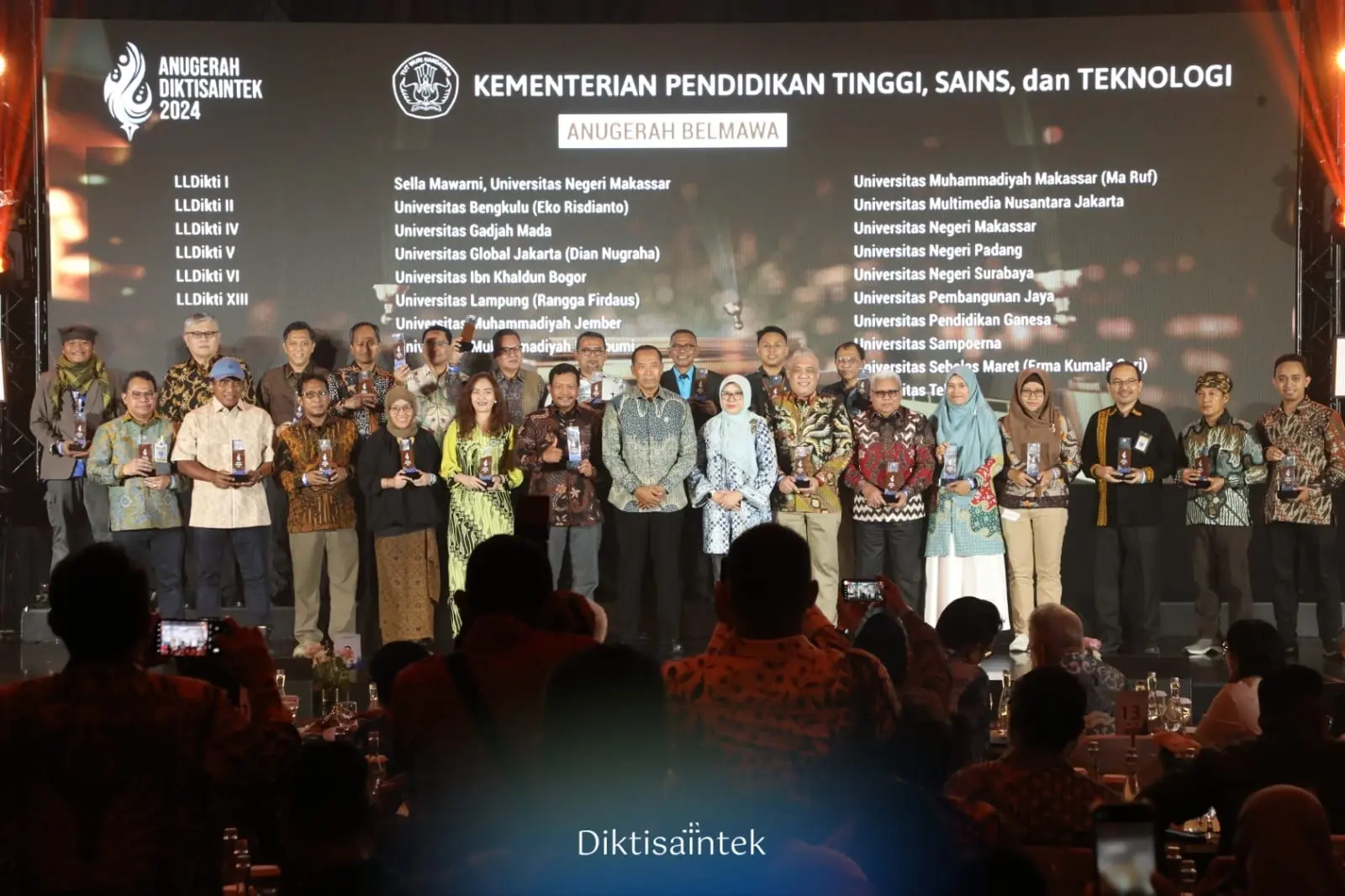11 Mar 2020
Tapping into the Potential of Supply Chain in Indonesia
News & Event,
News & Events Faculty of Engineering & Technology,
Roughly defined, Potential a supply chain is a network between a company and its suppliers to produce and distribute a specific product to final buyers. This network includes various activities, people, entities, information, and resources. The supply chain also represents the steps it takes to get the product or service from its original state to the customer.
Supply chain is on the rise now because more and more companies around the world are demanded to develop supply chains so they can improve efficiency. This is achieved by reducing costs to stay competitive in the business landscape. Therefore, a reliable and systematic supply chain management plays an increasingly vital role in the world’s business.
On February 18, Sampoerna University invited Mr. Nurhadi (supply chain manager at Kemira, founder and host of “Bicara Supply Chain” podcast) to speak more about the career prospects in supply chain industry.
“If you’re into this sector, you need to know that career opportunities in Supply Chain Management (SCM) are broad and diverse. The career path may include functional areas and industry,” he explained before the students of Faculty of Engineering and Technology at the university.
Nurhadi mentioned a typical career path of supply chain expert like he is at a multinational company. There are four levels, i.e. operational level, operational and tactical level, tactical and strategic level, and finally the strategic level.
“Usually one can start from a post of supply chain staff, then proceed to a supply chain supervisor position, assistant to manager of supply chain, manager of supply chain, and senior manager of supply chain. At the top level, one may be promoted to the post of senior executive or similar posts such as director, vice president (VP), chief executive officer (CEO) or chief operating officer (COO), or even president of a multinational company,” Nurhadi spoke.
So, what does it take to succeed in the industry? He answered that there are several must-have competencies: “Based on APICS supply chain competencies model, to succeed one must have three (3) types of competencies: profession-related, occupational-related and foundation-related competencies.” He specified further that profession-related competencies are skills, knowledge, and ability concerning technical aspects of the job. In the occupational-related competence group, there are educational background, professional association membership, certifications, and so forth. Meanwhile, the foundation-related competencies include – but not limited to — leadership, interpersonal skills, communication, etc.

He also shared his recipe to land the first job in the industry:” My golden rule is ‘follow your passion’! And don’t forget to build networks with likeminded people and be more analytical on the job.”
Nurhadi also advised that as a supply chain industry practitioner, one “go beyond and above” by obtaining world-caliber certifications. He added that there are some certifications that are available out there for supply chain industry practitioners, such as APICS (now Association for Supply Chain Management – ASCM), ISM (Institute for Supply Management), and so on.
Graduating with a bachelor’s degree from Institut Teknologi Sepuluh November (ITS), Nurhadi has an array of experience that spans for more than 14 years as a supply chain executive. He also holds several certificates on supply chain from CPIM APICS, Accredited SCM from Rice University (the U.S.) and he is also certified as a supply chain manager by BNSP Indonesia. Currently, he is now the Country-Director for VCARE, in Indonesia. (*/)





